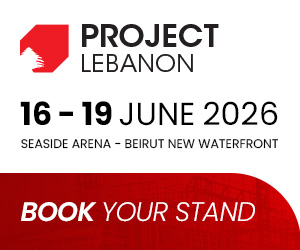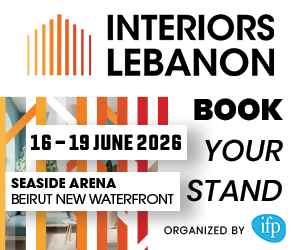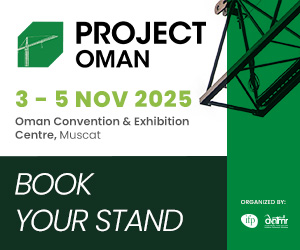Through a dedicated and distinctive pavilion at Project Qatar 2025, which concluded on Thursday, 29 May, Ashghal showcased its key achievements in infrastructure development and underscored its forward-looking vision to build a sustainable and integrated infrastructure supporting vital sectors across Qatar.
One of the key features of Ashghal’s pavilion was the use of Building Information Modelling (BIM) across all public infrastructure and building projects.
Engineer Noof al-Marri, IT Operations Lead and Emerging Technology Lead at Ashghal, explained that the authority had developed its infrastructure with sustainability in mind while adopting technologies to enhance operations.
“One of the main steps we took to enhance sustainability and improve resource management, maintenance, and operations was introducing emerging technologies into our current workflows,” al-Marri said.
She added that instead of relying entirely on manual processes, Ashghal had started automating inspections using drones. These drones autonomously inspected structures and generated detailed reports highlighting structural defects, issues with street lighting, signage, and other difficult-to-reach components.
“We also developed digital twin solutions to improve maintenance and operations for tunnels, highways, and bridges,” she said, noting that Ashghal employed technology to monitor dust levels on construction sites.
“We incorporated smart construction tools such as AI and surveillance cameras for real-time monitoring. We also introduced AI-enabled cameras at construction sites and drainage stations that issued alerts in cases of safety breaches, such as workers entering without proper gear or vehicles parked incorrectly,” she added.
Al-Marri emphasized that Ashghal had taken steps to reduce the carbon footprint during construction through technological integration.
Engineer Hamad Ahmed al-Mawlawi from the Building Projects Department said, “We displayed our latest technologies and advanced techniques used in our buildings and drainage networks to demonstrate our commitment to delivering the best for Qatar.”
He noted that Ashghal’s participation reflected its efforts to strengthen partnerships with private sector stakeholders—consultants, contractors, and suppliers—to ensure the delivery of impactful projects that contribute to Qatar’s development.
Among the innovations on display was Ashghal’s use of VR technology in building construction. According to al-Mawlawi, VR helped accelerate the approval process for materials and finishes and enhanced user satisfaction.
He stated that Ashghal was executing multiple building projects across the country, leveraging VR and AR to achieve efficiency and foster innovation.
“Ashghal implemented its projects using smart building and construction tools adapted to various project phases. We planned thoroughly for sustainability, selected suitable materials, and ensured all sustainability requirements were met,” he explained.
Al-Mawlawi added that Ashghal collaborated consistently with the Global Sustainability Assessment System (GSAS) and the Gulf Organisation for Research and Development (Gord) to improve sustainability ratings across its building portfolio.
Source: Gulf Times













































































